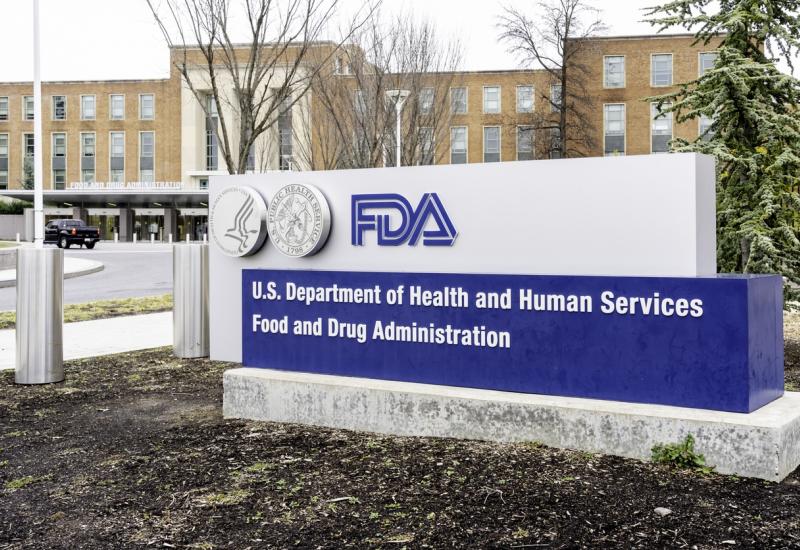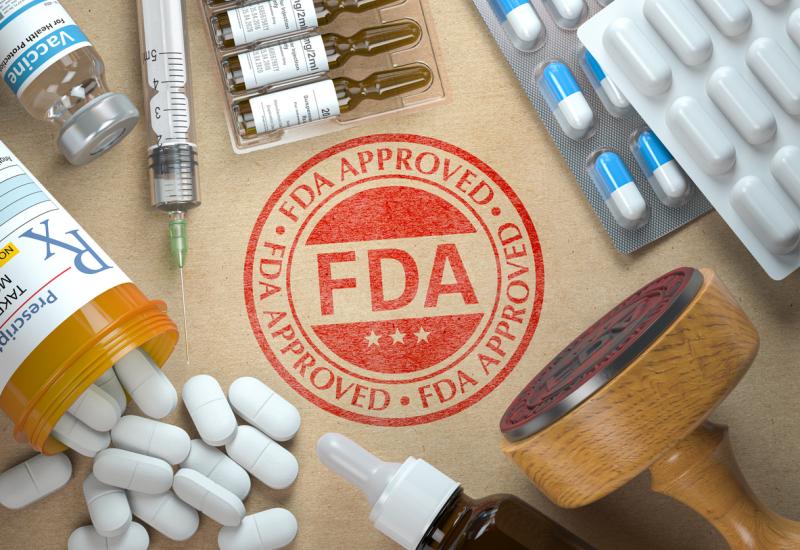
Better late than never for Datroway in lung cancer
Astra/Daiichi have trumped Gilead’s Trodelvy with a lung cancer approval.
Astra/Daiichi have trumped Gilead’s Trodelvy with a lung cancer approval.

AstraZeneca and Daiichi’s Datroway U-turn in non-small cell lung cancer has paid off: the TROP2-targeting ADC has just gained US accelerated approval for second-line EGFR-mutated disease. This is a narrower niche than the second-line non-squamous market the partners had once been aiming for, but it’s a good result given that the thumbs up was largely based on an uncontrolled phase 2 trial, Tropion-Lung05.
It’s also a victory in Datroway’s long-running battle against Gilead’s rival TROP2 ADC, Trodelvy, which was abandoned in second-line NSCLC following the failure of the Evoke-01 study. This was despite Gilead’s best efforts to file Trodelvy based on a subset of Evoke-01 patients who never responded to PD-(L)1 blockade – which apparently got short shrift from the FDA.
Thus it seems that the regulator has been more lenient with Astra and Daiichi, although the subgroups in question are different.
First-line battle
The battleground now turns to the bigger opportunity of first-line NSCLC, where both projects are in phase 3 – Trodelvy in the Evoke-03 study, testing a Keytruda combo in patients with PD-L1 expression of 50% or greater.
Datroway is in various first-line trials, including the analogous Tropion-Lung08. Another contender here could be Merck & Co and Kelun’s sacituzumab tirumotecan, with a couple of first-line studies ongoing amid its huge pivotal programme.
Notable trials of TROP2 ADCs in first-line NSCLC
| Trial | Setting | Regimen | Timing |
|---|---|---|---|
| Datroway (AstraZeneca/Daiichi) | |||
| Avanzar | No actionable mutations; focus on TROP2 biomarker-positive pts | + Imfinzi + chemo, vs Keytruda + chemo | Data due H2 2025 |
| Tropion-Lung07 | No actionable mutations; PD-L1 <50% | + Keytruda +/- chemo, vs Keytruda + chemo | Data due 2026 |
| Tropion-Lung08 | No actionable mutations; PD-L1 ≥50% | + Keytruda, vs Keytruda | Data due 2026 |
| Tropion-Lung10 | No actionable mutations; PD-L1 ≥50%; focus on TROP2 biomarker-positive pts | rilvegostomig +/- Datroway, vs Keytruda | Data due >2026 |
| Tropion-Lung14 | EGFRm (Ex19del and/or L858R) | + Tagrisso, vs Tagrisso | Data due >2026 |
| Trodelvy (Gilead) | |||
| Evoke-03 | PD-L1 ≥50% | + Keytruda, vs Keytruda | Primary completion Jan 2027 |
| Sacituzumab tirumotecan* (Merck & Co/Kelun) | |||
| TroFuse-007 | PD-L1 ≥50% | + Keytruda, vs Keytruda | Primary completion Jan 2028 |
| TroFuse-023 | Maintenance | + Keytruda + chemo, vs Keytruda + chemo | Primary completion Jan 2029 |
Note: *Merck-sponsored global trials; Kelun also carrying out Asian-focused trials. Source: OncologyPipeline & clinicaltrials.gov.
Meanwhile, Astra and Daiichi can boast of having the only FDA-approved TROP2-directed ADC for lung cancer. The accelerated nod was based on a 45% overall response rate among 114 patients with EGFR mutations in the aforementioned Tropion-Lung05 trial (77 patients) and the phase 3 Tropion-Lung01 study (37 patients).
The confirmatory study will be Tropion-Lung15, testing Datroway with or without Tagrisso, versus chemo, in second-line EGFR-mutated NSCLC. The primary endpoint is progression-free survival, and data are expected next year.
The companies had once hoped for approval in second-line non-squamous NSCLC, but pulled a filing here last November; even this was a narrower focus than once hoped, after Tropion-Lung01 failed to show a benefit in squamous disease.
Datroway got the FDA nod in second-line ER-positive, HER2-negative breast cancer in January, despite the phase 3 Tropion-Breast01 study only showing statistically significance in PFS, and not OS. Astra has forecast peak Datroway sales of over $5bn.
Datroway’s US approvals
| Setting | Type | Supporting trial(s) | Data summary | Approval date |
|---|---|---|---|---|
| 2nd-line EGFRm NSCLC (after Tagrisso + chemo) | Accelerated | Tropion-Lung05 & Tropion-Lung01 | cORR 45% (51/114) | 23 Jun 2025 |
| 2nd-line ER+ve, HER2-ve breast cancer | Full | Tropion-Breast01 | 37% reduction in risk of disease progression or death vs chemo; no OS benefit | 17 Jan 2025 |
Source: OncologyPipeline & company releases.
2356













